Survivalists talk a lot about prepping, stockpiling, and acquiring weaponry, but something they don’t discuss quite as much is the geography aspect of their survival plan.
That doesn’t make a ton of sense either, because your location in a SHTF event is going to have an enormous impact on your survival outcome.
Think about it. Would you rather be stuck on Manhattan Island during a apocalyptic scenario, or would you feel more comfortable setting up camp somewhere in the midwestern states? Answers to questions like that seem pretty obvious, yet we don’t take the time to discuss them very often.
On that note, here are the 5 absolute worst places to be stranded in a survival scenario.
Off the Grid News has all the details:
1. East Coast
Many survival and disaster experts agree that the East and West Coasts together are among the worst locations to survive a long-term disaster in the United States. This is because both meet the “unsafe factors” we just outlined. High population density? Check. High cost of living? Check. Strict Gun Laws? For the Northeastern states, check. High crime rate? In many cities, yes. High taxes and regulations? In the Northeastern states yes. Heavy traffic? Check. Threat of natural disaster, namely hurricanes? Check. Low populations of wild game and edible plants? Check. Potential enemy nuclear targets? For the major cities, definitely.
As a general rule of thumb, avoid anywhere along the East Coast if you can. It’s simply not a safe place if you want to survive a disaster. If you do live on or near the East Coast, fall back to retreat areas in the Appalachian Mountains or northern New England, like New Hampshire or Maine, when worst comes to worst.
2. West Coast
Many of our concerns expressed with the East Coast apply to the West Coast as well. The largest state along the West Coast, California, is already an economic disaster and thus not somewhere you would want to be in an economic collapse. Washington and Oregon are both, by far, better off economic-wise, but they still have their problems with high taxes, tough regulations and large government spending. The major cities of San Diego, Los Angeles, San Francisco and Seattle have extremely high population densities and are potential terrorist/nuclear targets.
In addition, the West Coast lies along the Ring of Fire, which adds earthquakes to the list of natural disaster risks to worry about. If you don’t think earthquakes are that big of a deal, well, just look at what happened to Japan in 2011. Plus, in Washington, you have volcanoes. All in all, both the East and West Coasts are dangerous hotspots in an apocalyptic-type scenario and are not recommended.
3. Florida
Florida, in general, is not somewhere you will want to be during a disaster. Not to mention the ever looming threat of hurricanes in the state, Florida also endures a high crime rate, a collapsed housing market and high costs of living, a very dense population, and the fact that much of the state is actually below sea level (the parts of the state that are higher aren’t above it by much).
There’s no denying that Florida has nice weather, which is why many people move there in the first place, but its negatives far outweigh its positives to the point that it’s one of the worst retreat locations you could be in for outlasting a long-term disaster.
4. Alaska
Woah, woah, wait, Alaska? The so-called “last frontier” in America is one of the worst places to survive an apocalypse? First of all, Alaska does have a few positives (not to mention the beauty of its geography) that would make it an initially attractive place to live for someone who wants to be in a safe region from a major disaster. It is true that Alaska has the lowest population density of all 50 states, along with low tax rates. It also has a great abundance of rivers, lakes, wildlife and edible plants.
But when we come to economics, Alaska is practically cut off from the rest of the United States. A lot of the supplies that Alaskans rely on are either flown or shipped into the state. In a disaster scenario, these planes and ships will likely no longer be making shipments, greatly limiting available resources. Furthermore, those who live more inland in Alaska will be extremely limited in what they can do with commerce.
Remember when we noted that the West Coast of the USA is prone to earthquakes due to being situated along the Ring of Fire? Well, so is Alaska. There’s also very limited transportation to get oil from the North Slope to where it needs to go, and much of the fuel that Alaskans use is already brought in from the Lower 48 states. The winters in Alaska can also be quite cold and brutal.
Alaska may seem like the prepper’s haven, but on closer inspection it becomes apparent that you’re going to have a much tougher time surviving there than you would think. This is one place you may want to avoid, unless you know how to live 100 percent off the grid.
5. Hawaii
Like Florida, Hawaii may be a great place to vacation, but it’s an utterly terrible location to be in during an apocalyptic scenario. Most of Hawaii’s resources, as with Alaska, are shipped in. This includes food and fuel. That’s on top of a very high cost of living in the state coupled with generally poor farming soil.
Gun laws are very strict in the state, and there are many military bases on the islands that could be the targets of enemy attacks. Let’s also not forget one more thing: Should a big enough natural disaster ever happen to Hawaii, how will you escape? After all, it’s a series of islands in the middle of the Pacific Ocean. Unless you have access to a plane or a ship, you may be toast.
Every region in the US certainly has its pros and cons, but these are the areas where the cons outweigh the positives the most.
Do you agree with this list? What other places do you think would be dangerous to be stuck in during a survival scenario?
Give us your thoughts in the comments.



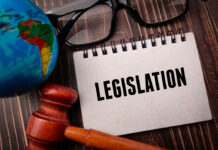



![Are Compensators Worth It? [Video]](https://preparedgunowners.com/wp-content/uploads/2025/07/Depositphotos_815431992_S-218x150.jpg)
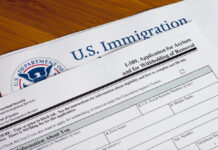
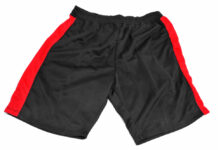




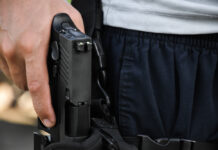


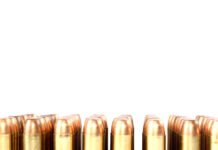


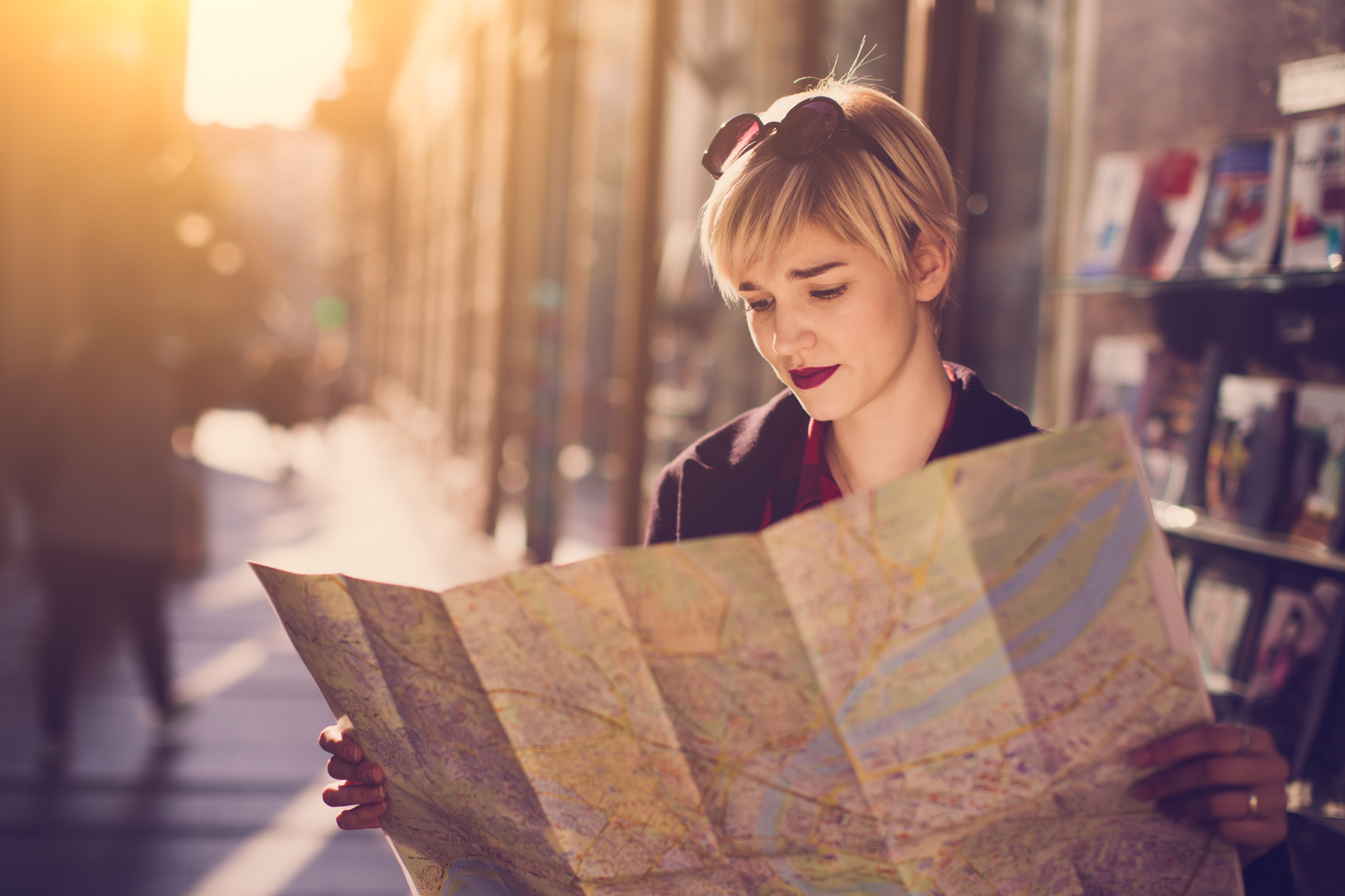


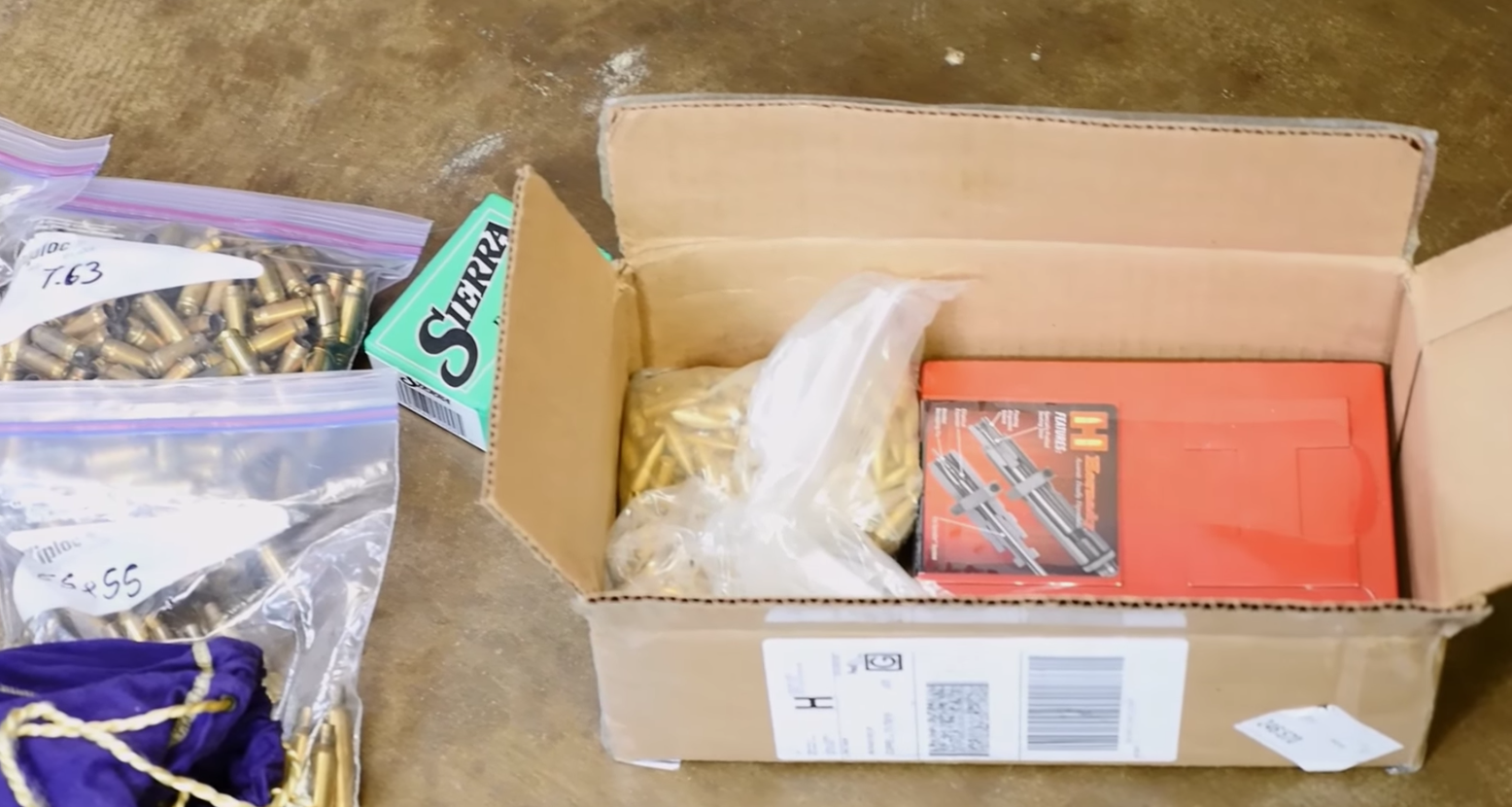
![Why Is Everyone Taught 1 DANGEROUS Focus In Gun Disarms? [Video]](https://preparedgunowners.com/wp-content/uploads/2022/11/Depositphotos_66392985_S-100x70.jpg)






![Optic Ready vs Milled slides? [Video]](https://preparedgunowners.com/wp-content/uploads/2024/02/image-3-100x70.png)
![[Checklist] What Gear You Need To Take Pistol, Rifle & Shotgun Training Courses [Video]](https://preparedgunowners.com/wp-content/uploads/2023/07/Depositphotos_275087632_L-100x70.jpg)
![What is in Carter’s 2023 EDC? [Video]](https://preparedgunowners.com/wp-content/uploads/2023/07/Depositphotos_146856137_L-100x70.jpg)
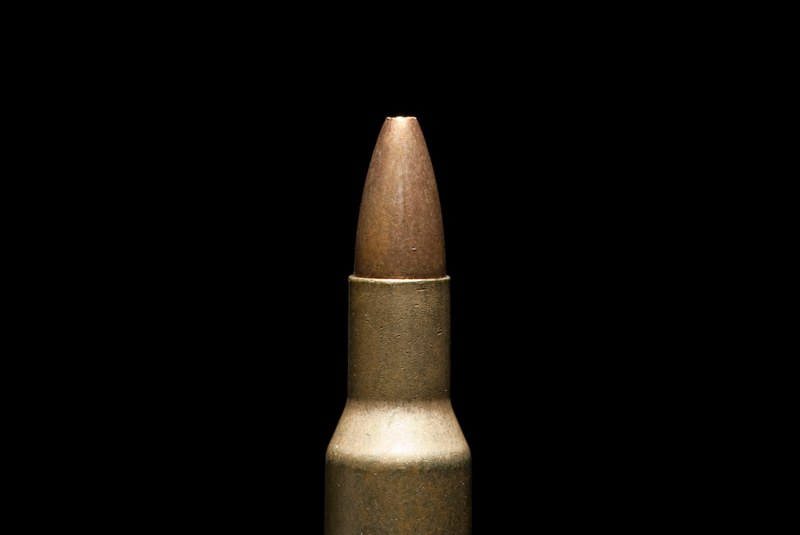
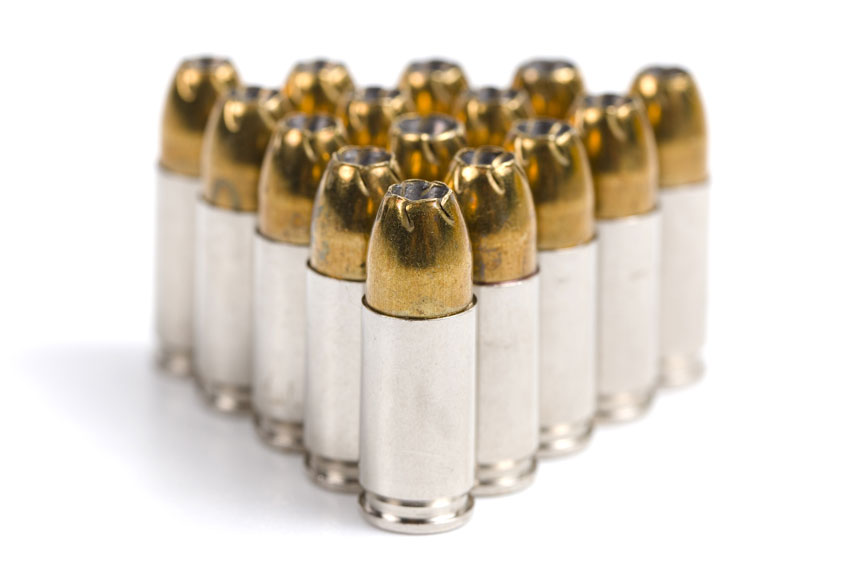

The Midwest is the best place. Stay from major cities, go to the plains stares,, NEB, OK,, Texas panhandle,,, Stay in places that are flat
I live in CT boardering Bridgeport, a very high crime area. at 66 with Emphysema, it is my plan to shelter in place.
If it’s not an EMP, I might attempt to head u the coast to my ex husband’s house as it is well stockpiled and well fortified. I’m guessing I will have to stay right here in a house I rent. I have most of the natural cure books, food, water filters, solar chargers etc. My next big expense will be black out curtains so no one will know I have power or TV or food. Scared more for my daughters and grandchildren because they refuse to even think about what might be coming.
I live in rural central Florida; the closest big city is over two hours away. No military bases anywhere near. Moderate climate, very nonrestrictive gun laws, cheap housing, and good soil. I think in your evaluation, you must have been looking at Miami—which indeed would be an awful SHTF location. Central California, except for the general state collapse is not bad either, although it is hotter that H in the summers, and wells are likely to be 300-400 feet deep to access water. That’s one of the other advantages of central Florida—lots of fresh water—lakes, aquifers, etc. Not that I want a giant influx of preppers coming in—just saying. Several of my nieces and nephews have relocated to Idaho, to Montana, and to central Georgia—again, all good choices except for bitterly cold winters in the first two.
Like most, having no plans, having lots of books, reloading supplies, and this !#$%^%&** computer (which wouldn’t work), I think I could make a go of it until Fall, then I can always re-assess my chances. [Upstate NY]
This one cracks me up. Your worrying about economics during a SHTF scenario?? You worry about the ring of fire and earth quakes on the west coast? How about the flooding that’s occurring in the Texas/Mississippi area? Let’s see, I’ve lived in So Cal for 60 years, I’ve never seen devastation like places such as Joplin Mo and other cities that tornados go through. Our last big quake was in 94, I’m guessing that between floods, tornados and the fact you would be dealing with freezing winters in the Midwest during these “economic disasters”….yeah, I wouldn’t want to be somewhere like Maine and have to worry about 6 months of trying to heat my cave.lol.
But your right, I wouldn’t want to be anywhere near the east coast especially NY….for that matter, I don’t want to be near there right now lol. As far as guns go … Yeah, if you don’t have them already and stock piling ammo….good luck with that. Plus, we are heavily into archery and don’t have to waste all our ammo on hunting and those shots that are made in self defense around the property…very stealthy when combined with good hunting/tracking ability. I did say I live out west, but it’s not in any of the big city areas and feel very comfortable with our options as we live in the mountains.
I live in Florida in one of the more rural counties about 28 miles from the coast. Lots of natural woods lands, teeming with wildlife, lots of lakes, streams and a river all full of food fish. Not densely populated, not that many tourists, taxes not high, good farm land with lots of small farms in the area, and really good pro-gun laws that support the Second Amendment. While it may be safer to be further north and west, living off the land here would not be a problem, and hurricanes by the time they move across the land lose most of their destructive power. Biggest draw-back would be it one of the larger cities like Jacksonville, Daytona, Tampa, Tallahassee, Gainesville, Miami or Orlando got nuked. That would make all of Florida unsafe due to the small width of the state, and the prevailing sea breezes blowing in from the east and the west.
Good quality toilet paper is arguable the most important survival supply one could have. Every person should have a 10-20 year supply of good quality 2 ply toilet paper.
I like that you specify 2 ply lol
It’s easy to figure…the geographical locations where you can’t take out your Boy Scout manual and live off the land or sustain yourself with food and shelter, is almost the whole country except Amish communities. You’ll attack and or rob your neighbor to survive. You’ll do anything to survive if you’re hungry and cold enough. The question we should be asking ourselves is…what would I do if the electricity and water goes out or stops? Because it more than likely will and we’re slaves to it…spoiled to its always being there…without it, you don’t eat, crap, sleep or stay warm. Maybe you’re saying, “Well…I’ll just pull up my boot straps and tough it out like the pioneers did”…no you won’t, ’cause you can’t, you don’t know how or even where to begin. If you haven’t stored (without letting anyone know) the materials needed, including the armed force needed to protect your assets to survive 45 days of no water or power…you’re toast.
I was born and raised in SE Idaho, not far from Yellowstone Park. I remember in 1959, Yellowstone had a earthquake that measured 7.5 on the Richter scale! The damage was incredible, a mountain slid down on a campground, killing everyone in it, and backing up the Madison River creating Quaker Lake. Of course many homes and businesses were damaged. The infrastructure was severely damaged making it impossible to get around be car/truck. It took several years to get it back to normal. Cost of damage in 1959 was $11M, $88.7M in 2014 dollars. It’s wide open prairies and mountains doesn’t mean it’s safe. Yellowstone Park is a huge live volcanic area extends well into Montana and Idaho, hence all the geysers there. Between being prone for earthquakes and volcanic activity, I’d say that isn’t all that safe, either!
I would disagree about Florida. I have a canal 2nd-home (I live in Atlanta) with a bulk-headed back yard. I have schools of mullet and other game fish that frequent the canal. There are deer all over the wooded area, and since this is central Florida (north of Orlando/Deland, west of Ormond Beach, est of Ocala) plenty of rolling hills, farm land, and rivers/lakes, I have tremendous fishing opportunities about 5 minutes away by canoe/kayak. Most of my backyard is planted in vegetable gardens, and my house has solar panels across most of the back roof. It is my contention that I can withstand most hurricanes (2 already) and anything else, while continuing to have fresh food on the table. If there ever was a nuclear event that targeted the main US or an EMP event, there’s a good chance that middle Florida may be far enough south to miss most of the worst of it. I think there are considerably worst places to relocate! …just sayin’!
Live in the mid-west and have a winter home on the cost between melborne and daytona. lot of open space and farm land 10 min. west so yes you would have to see it coming or move quickly but we keep a 4wd vehicle and bug out boxes ready to load (have actually drilled our plan and we can load and exfil to safe location in under 20 min. with everything we would need for 3-6 months). Fresh water and wild game are plentiful in the area and good soil for growing. No need to worry about who has the high ground because there isn’t any but the density of woods and brush in unincorporated areas provides a plethora of natural cover IF we need to move. if not there is an ocean full of fish just outside our door. Portable solar units, hand crank chargers and batteries for power, water purification system, enough ammo for training and hunting…dry fire is essential but sometimes you need to train with live rounds. BTW…in a EOTWAWKI scenario which will be more valuable, gold, cash or brass 🙂
My BOL is in the Upper Peninsula of Mi. The only thing I worry about is getting there if the SHTF. I live in the Lower peninsula and it is a 8 hr drive form here. Don’t know if they’ll close the Big Mac Bridge or not, if they do I’ll have to stay here and hope for the best. Doubt if the Ferry will be running to Wisconsin anymore either. Lots of variables huh. lol
I like the list with the exception of Alaska. Too many variables at play to get too in depth, and maybe it’s because I’m looking at it thru my eyes, with my knowledge, ability etc, but I would put Alaska way closer to the top of the list than in the bottom 5. If you have the ability to self sustain, use the huge wealth of resources around you, and dont mind the cold winters Alaska is where it’s at, or even Yukon Canada. I would replace Alaska with the southwest U.S. In a SHTF senario an arid desert region like Baja, Arizona, Nevada, New Mexico etc. Is gonna be hot, dry, and chock full of fleeing Californians. Unless youre in the mountains, and have good access to H2O it’s gonna suck from jump street.
I live i the south with a spring fed pond, and excellent water filter systems. A field line septic tank. My road dead ends into a game preserve and the 17th best fishing lake inU.S. 4 miles away. I have 4′ Red Oak walls, most rounds won’t penetrate. I have dry goods and ammo. I am ,however a little short of lookouts. a 4 sided house has to be protected from four sides. My family will be headed this way post SHTF. I’ll snipe from the woods until reinforcements arrive. Fireplace alternate light sources; Life is good, provided the Govt doesn’t try to help. The largest city is 30 miles away and our neighbors have a contingency plan to lock down our road, and take turns protecting entrances. Some say we’re paranoid,others say “that’s what I’m talkin about”. I guess we’ll see what happens. Guns and Blades lubed in swine fat, in case Jihadists aren’t looking for paradise. I believe terror attacks over crises as soon as Obama has enough of them here and Mexico to effectively assault our neck of the woods. Also many ex military veterans. Praise God(YHVH) not the moon one.
Louisiana and east Texas is real nice all times of year.
Comments are closed.